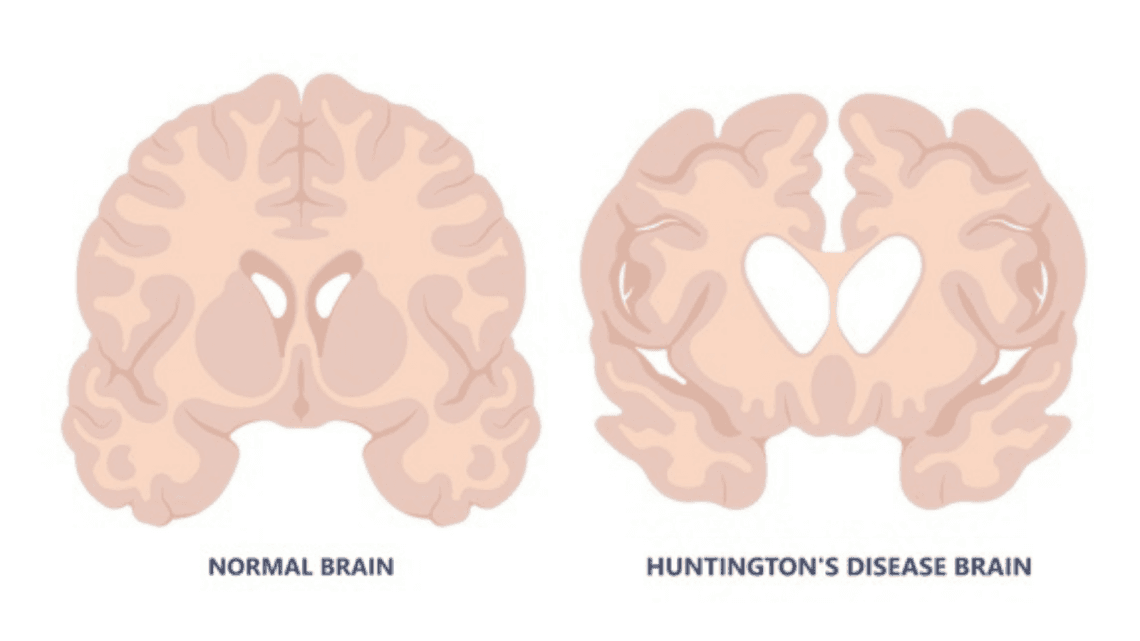The ketogenic diet—better known as “keto”—has surged in popularity over the past two decades. It promises quick weight loss, steadier blood sugar levels, and therapeutic benefits for epilepsy and even some neurological disorders. Millions of people worldwide have embraced it, shifting their plates toward bacon, avocados, butter, and cheese while saying goodbye to bread, pasta, and sugar.
But beneath the success stories and headlines lies a question scientists are only beginning to answer: does the keto diet affect men and women differently?
A recent study from UT Health San Antonio, published in Cell Reports, suggests the answer is yes—and estrogen, a primary female sex hormone, may hold the key to explaining why.
When Cells Age Before Their Time
The study focused on a phenomenon called cellular senescence. Cells normally divide, grow, and perform their tasks, but when they accumulate too much stress or damage, they can enter a “senescent” state. Senescent cells are alive, but they no longer divide and can release inflammatory molecules that contribute to aging, organ decline, and chronic diseases.
In the UT Health San Antonio study, researchers fed mice a ketogenic diet and examined how their cells responded. What they found was striking:
- Male mice on the keto diet developed higher levels of cells showing senescence markers.
- Female mice, however, did not—unless their estrogen signaling was blocked.
This suggests that estrogen provides a protective effect, shielding female mice from the cellular aging effects that keto induced in males.
The Hidden Hand of Estrogen
Why might estrogen matter so much?
The researchers discovered that male mice on the keto diet also showed higher levels of oxidative stress—an imbalance between damaging molecules called free radicals and the body’s ability to neutralize them. Oxidative stress is one of the main drivers of cellular senescence.
When male mice were treated with estrogen or estradiol (a potent form of estrogen), the damage was reversed: oxidative stress and senescent cells decreased significantly. Similarly, antioxidant treatments produced protective effects.
Meanwhile, when female mice were given tamoxifen—a drug that blocks estrogen’s effects—they began to show the same harmful cellular responses seen in males.
These results point to estrogen as a crucial shield, altering how the body responds to the metabolic shifts of a keto diet.
Beyond Mice: Why This Matters for People
The implications of this study reach far beyond the lab. While mice are not humans, they are often used in biomedical research to uncover biological mechanisms relevant to our own health.
If similar processes occur in people, it could mean that men and women experience ketogenic diets in fundamentally different ways—not only in terms of weight loss or energy but at the level of cellular aging and long-term health.
For men, prolonged ketogenic dieting could potentially accelerate certain aging processes, especially without antioxidant or hormonal protection. For women, natural estrogen may offer resilience, though the picture could change after menopause, when estrogen levels decline.
Dr. David Gius, the study’s senior author and a researcher at UT Health San Antonio’s Barshop Institute for Longevity and Aging Studies, put it simply: “These results suggest sex specificity alters the effects of a ketogenic diet, with important clinical implications.”
Rethinking Nutrition Research
One of the most important aspects of this study is not only what it discovered but how it challenges long-standing practices in science. For decades, most biomedical experiments used only male mice, under the assumption that females’ hormonal cycles would introduce too much variability.
But this exclusion has left major blind spots in our understanding of how health and disease differ between sexes. The new findings highlight why sex-specific research is not just important—it’s essential. A diet that benefits one group could harm another, depending on biological differences like hormone status.
The Keto Boom: Promise and Complexity
The ketogenic diet has deep medical roots. First developed in the 1920s to treat epilepsy, it remains a powerful therapy for patients with drug-resistant seizures. In recent years, it has gained traction for managing type 2 diabetes and obesity. By restricting carbohydrates and forcing the body into ketosis—a state where fat is converted into molecules called ketone bodies for fuel—the diet can dramatically alter metabolism.
For some, these changes are beneficial: improved insulin sensitivity, weight loss, and mental clarity. For others, the diet can be difficult to maintain and may carry side effects ranging from nutrient deficiencies to cardiovascular risks.
What the UT Health San Antonio study adds is another layer of complexity: sex differences in cellular response. Nutrition science, already challenging because of individual variation, may need to become even more personalized, taking into account not only age and genetics but gender and hormone status.
What This Means for the Future
The findings raise both caution and possibility. If estrogen protects against keto-induced cellular aging, could hormone replacement therapy (HRT) help postmenopausal women maintain that benefit? Could men on ketogenic diets reduce risk by pairing the diet with antioxidants or other protective strategies?
These questions remain unanswered, but they point to the future of nutrition research: personalized, precise, and grounded in biology rather than one-size-fits-all recommendations.
In the meantime, the study serves as a reminder that popular diets are not neutral experiments. They interact with our bodies in ways we are still unraveling. For anyone considering a ketogenic lifestyle, it underscores the importance of medical guidance and individualized care.
A Larger Lesson
Perhaps the most profound takeaway from this research is not simply about keto, but about science itself. What looks like a universal solution often hides layers of complexity. Our biology is not uniform. It is diverse, dynamic, and influenced by factors—from hormones to genetics—that shape how each of us responds to the same intervention.
The keto diet may help some, harm others, and affect men and women differently. But this is the essence of science: to peel back assumptions, reveal hidden patterns, and deepen our understanding of the human body.
In the end, the study from UT Health San Antonio offers not just a cautionary tale about ketogenic diets but also an inspiring reminder: the path to better health lies not in simple answers, but in careful, ongoing discovery.
More information: Sung-Jen Wei et al, Divergent sex-specific effects on a ketogenic diet: Male, but not female, mice exhibit oxidative stress and cellular senescence, Cell Reports (2025). DOI: 10.1016/j.celrep.2025.116026






